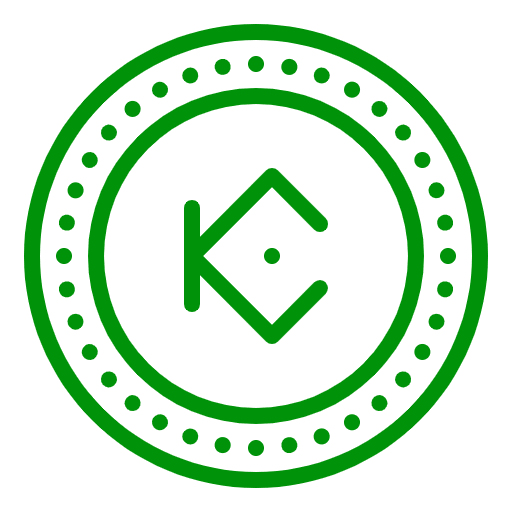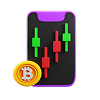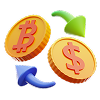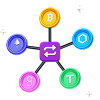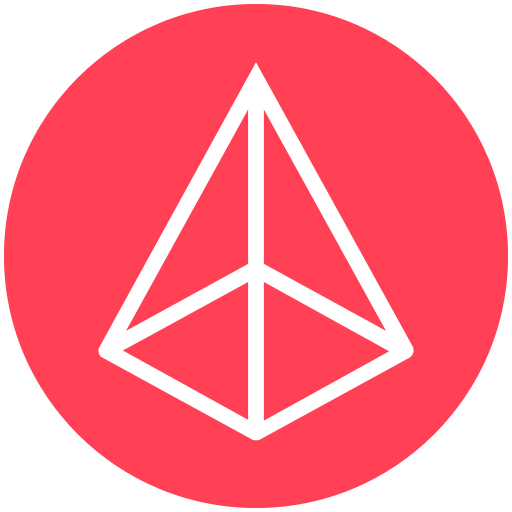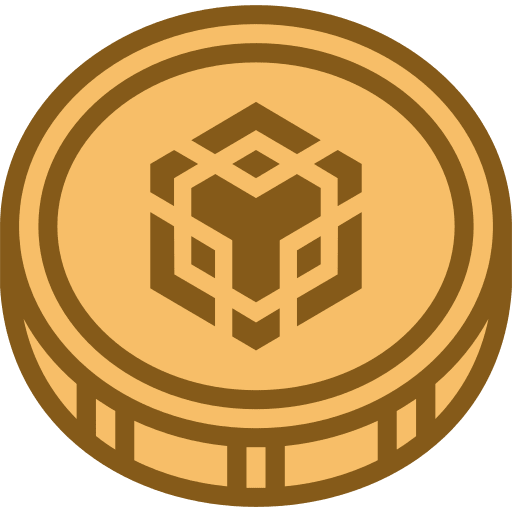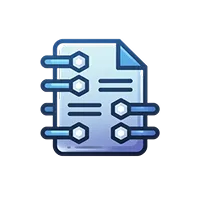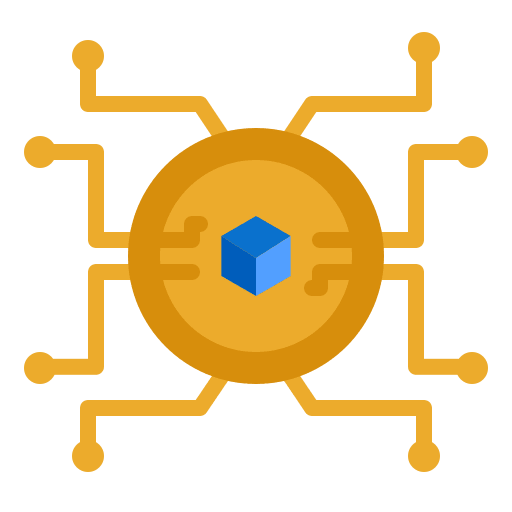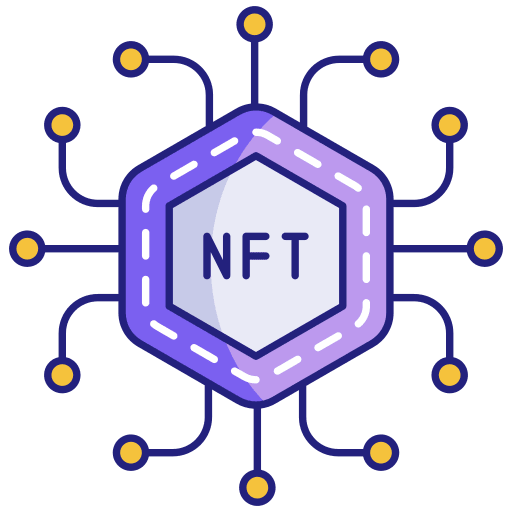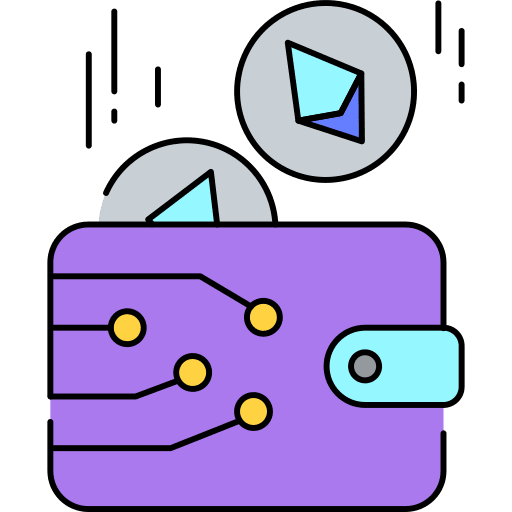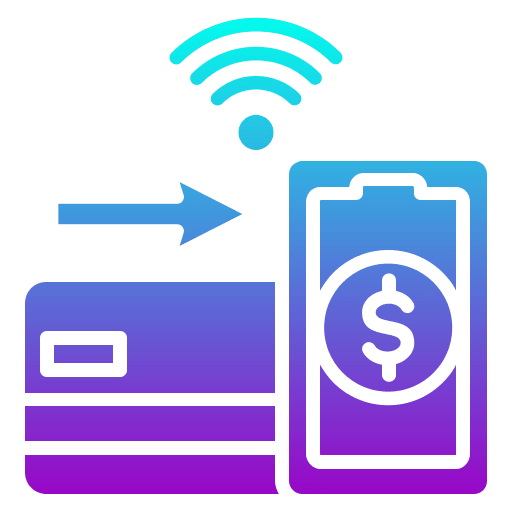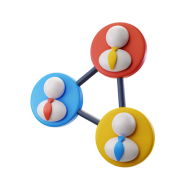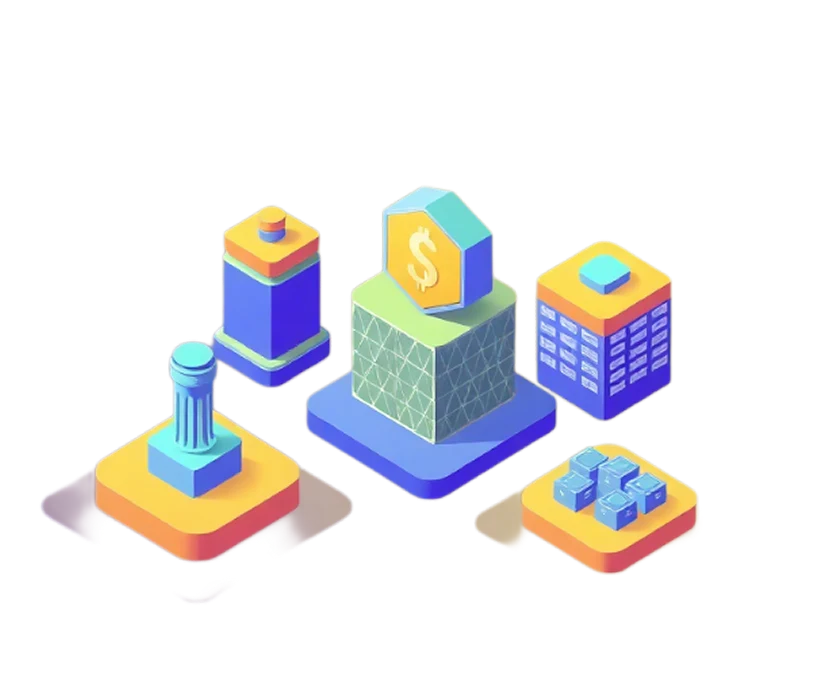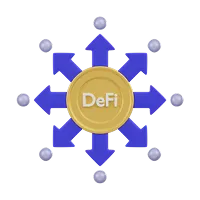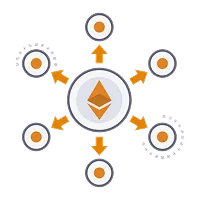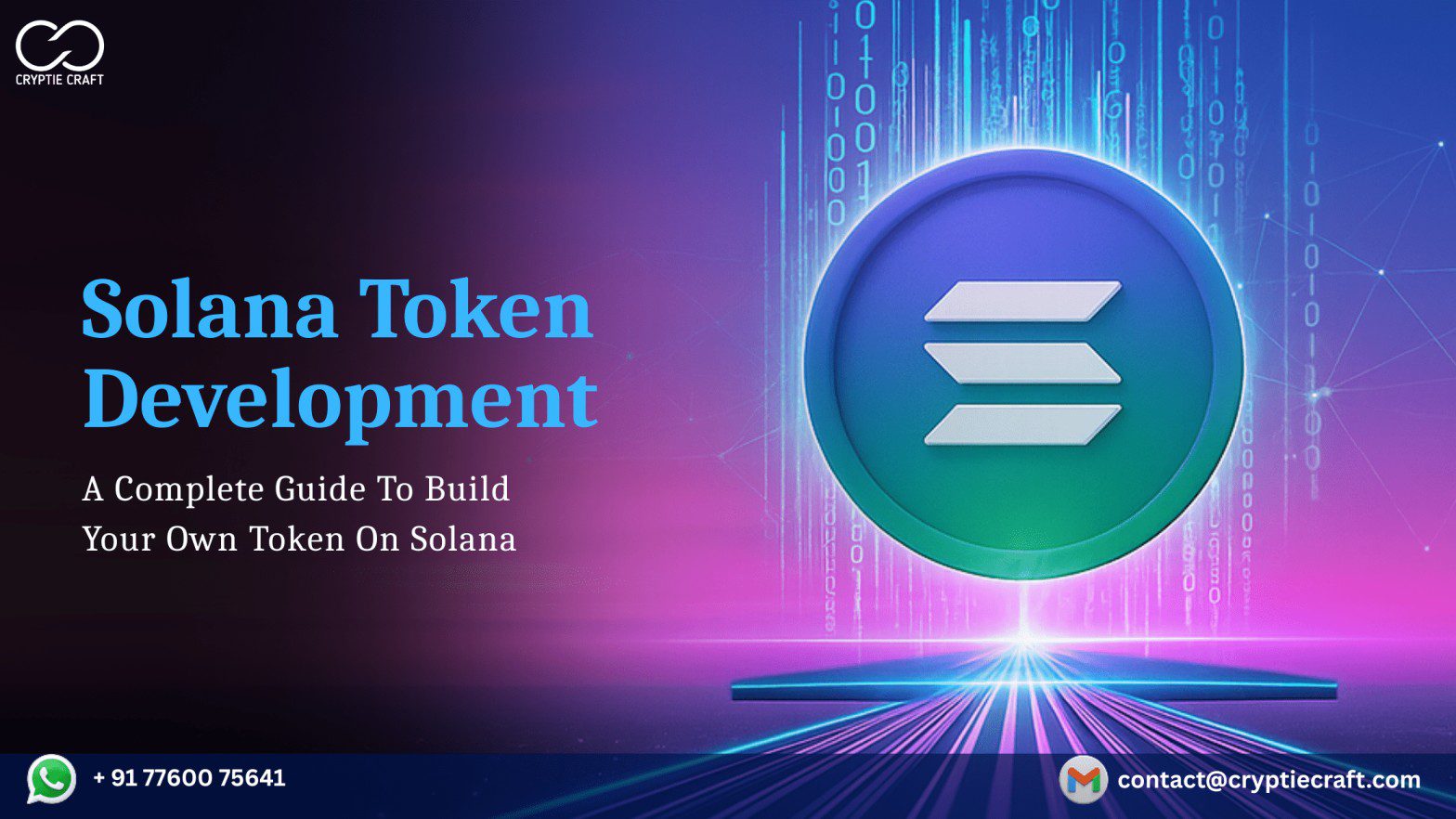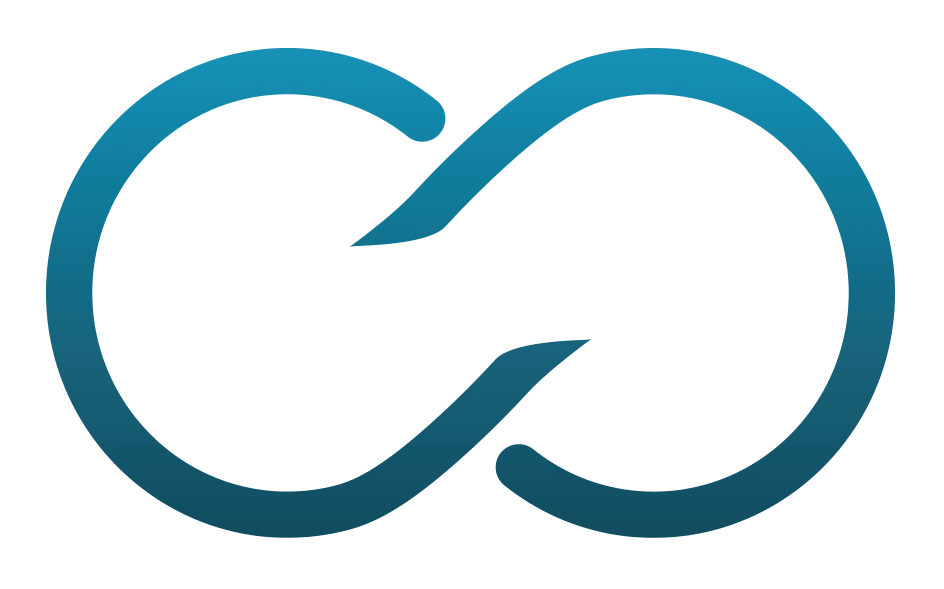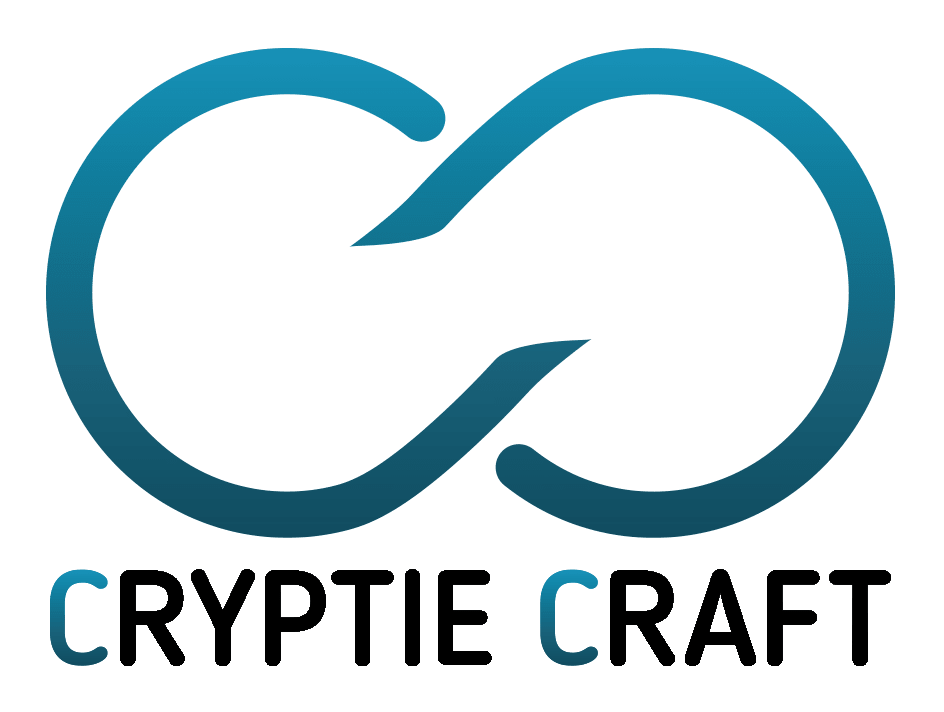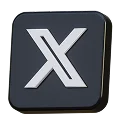Choosing the right blockchain network for token development is now more challenging than the actual development process itself.
With numerous blockchain platforms like Ethereum, BSC, Polygon, and Polkadot lining up, Solana remains one of the best options given its unique properties. Solana has rapidly positioned itself as one of the most powerful ecosystems for token creation. With its unmatched speed, scalability, and cost-efficiency, they are one of the best options you could think of. Unlike networks that struggle with congestion and rising transaction fees, Solana offers a seamless trading experience.
With the growing demand for NFTs, DeFi solutions, and real-world asset tokenization, Solana has become the preferred choice. It can handle thousands of transactions per second. The low cost and strong developer support make Solana stand out in the blockchain landscape.
Curious?
Read this article to understand everything about Solana Token Development. First, let’s begin with understanding.
What is Solana Token Development?
The development of Solana Token is the process of creating digital tokens on the Solana Blockchain with SPL token standards. These are designed to leverage its high-speed transactions, low fees, and scalable architecture. These tokens follow the SPL (Solana Program Library) token standard, which is similar to the Ethereum ERC-20 and ERC-721 standards. These SPL tokens define how fungible tokens and non-fungible tokens are created, transferred, and stored on the Solana network. This ensures that any token developed on Solana can seamlessly integrate with wallets, decentralized applications, and exchanges.
Now, with this, you might have a question on….
Why Choose Solana for Token Development?
When it comes to token development, choosing the right blockchain is as important as developing the token itself. Here are some of the justifying reasons,
Fast Transactions
Solana can process up to 65,000+ transactions per second. This makes it one of the fastest blockchains in the industry. Usually, in Ethereum-like platforms, the network congestion often slows down activity. But. Solana ensures that your token ecosystem runs smoothly even during peak demand.
Low Transaction Costs
Gas fees are a major concern for projects on networks like Ethereum. The average transaction cost in Solana is around $0.01. This makes them the best choice for high-volume applications like DeFi platforms, NFTs, or gaming tokens.
High Scalability
Solana uses a unique Proof-of-History (PoH) mechanism combined with Proof-of-Stake. This ensures that your token can scale to millions of users easily without compromising security or decentralization.
Vibrant Ecosystem
From DeFi protocols and NFT marketplaces to Web3 apps, Solana has a thriving ecosystem. This provides strong opportunities for token adoption and integrations.
Eco-Friendly Consensus
Solana uses a hybrid Proof-of-Stake and Proof-of-History mechanism. This consumes far less energy than Proof-of-Work blockchains, making it a sustainable choice for token projects.
Instant Settlement
Transactions on Solana reach confirmation in just 400 milliseconds. This gives users instant settlement rates and reduces the risks of double-spending.
Cross-Chain Compatibility
Solana is improving interoperability with other blockchain networks. This allows tokens built on Solana to engage with multi-chain ecosystems, boosting liquidity.
When it comes to Crypto Token Development Services, Solana is said to be the best option. Given its blend of speed, scalability, and cost-efficiency, it is considered one of the best options.
With fixating on Solana, let’s see what other Solana Token Development Services are thriving.
Our End-to-End Solana Token Development Services
Blending in technology and blockchain expertise, here is a list of Solana Token Development Services.
Tokenomics & Supply Model Design
With a group of industry-leading consultants and blockchain analysts, clearly plan and define your token’s purpose, supply, distribution, and utility within the ecosystem. The proper tokenomics ensures that your project stays attractive.
Smart Contract Architecture
With smart contract experts, plan and design your Solana tokens in a secure and efficient way. A well-structured smart contract ensures that all the token actions, including transfers, staking, or governance, function seamlessly without any vulnerabilities.
Custom SPL Token Creation & Minting
With Solana’s SPL standard, developers can create and mint their own Solana Tokens. This ensures compatibility across Solana wallets and exchanges, enhancing the token’s circulation in the ecosystem.
Integrate Wallet & Payment Gateway
Integrating your developed Solana token with popular wallets and payment gateways will ensure smooth user access and transactions. This makes it easy for investors, gamers, or customers to store and use your token safely.
Security Audits & Testing
The support from the testing team is essential for a successful journey. The team of testers will undergo thorough testing and third-party audits to prevent exploits for long-term success.
Mainnet Deployment & Launch
Launching the Solana tokens on the desired platform is essential. Deploy the developed Solana tokens into the preferred servers and infrastructure, aligning with your individual business goals.
Post-Launch Support & Community Building
Beyond deployment, continuous and post-launch support is essential. This includes updates, bug fixes, and ecosystem growth strategies. Building an engaged community helps in adoption and governance participation.
Now that these many services are listed down, let’s explore how Solana Token Development can be done in reality. Let’s see,
Step-by-Step Process to Develop a Solana Token
For a secure and efficient Solana Token Development process, following a systematic step-by-step approach is essential.
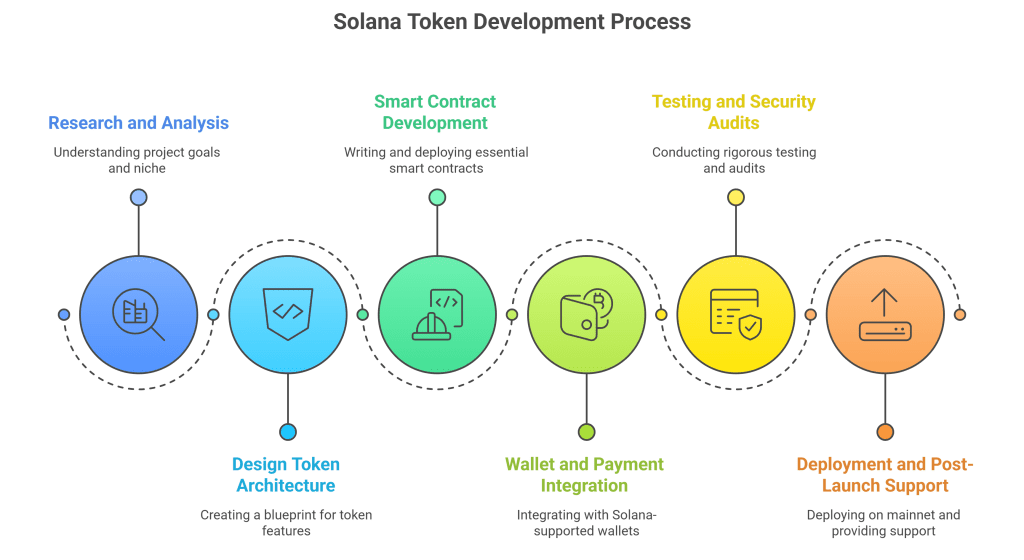
Understanding Your Token Needs
We begin by researching and analyzing your project goals. This is a must-factor for a successful Token Development. Finding the niche is important; it can be anything like DeFi, gaming, fundraising, or enterprise use. This step defines the type of your Solana token and its unique features.
Designing Token Architecture
Once the token’s purpose is clear, we create a blueprint of your Solana token. Deciding on supply, decimals, governance rules, distribution model, and ecosystem integrations are important. This ensures that your token is both scalable and aligns with industry standards.
Smart Contract Development
Once deciding on the Token Architecture, comes this Smart Contract Development phase. Our developers write the essential smart contracts to control your token’s creation and transfer. They will ensure security, transparency, and immutability on the Solana blockchain.
Third-Party Integration
To enhance accessibility, we integrate it with leading Solana-supported wallets like Phantom or Solflare. They are designed to enable smooth payment systems. This step ensures that users can easily store, transfer, and transact with your SPL tokens.
Testing and Security Audits
Before launch, the developed Solana token undergoes rigorous functional testing and third-party security audits. This phase is important to detect and fix vulnerabilities, glitches, and bugs. This will guarantee your token’s reliability in real-world scenarios.
Deployment and Post-Launch Support
Finally, the developed token is launched on the Solana mainnet and made ready for transfer. Even upon post-launch, continuous support is essential. This includes regular updates, scaling assistance, and exchange listing guidance.
With this Solana Token Development process listed down, it is also essential to understand what goes on behind the scenes, right?
Advanced Features of our Solana Token Development
A Functional Solana Token Development comes with numerous essential features and functionalities. Here is a list of the top 6 features,
High-Speed Transactions
The Solana blockchain is said to be able to process nearly 1000s of transactions in seconds. With Solana Token Development, this becomes important by improving user experience, enabling real-time DeFi operations.
Low-Cost Transfers
Unlike other blockchain networks, the transaction fees on the Solana network are extremely low. With Solana Token development, users can trade, stake, or send tokens without worrying about high costs.
Programmable Smart Contracts
Solana supports advanced smart contracts. This allows your developed Solana tokens to be integrated with lending platforms, staking systems, NFT marketplaces, and other programmable features.
Cross-Platform Wallet Integration
Solana tokens can be incorporated seamlessly with numerous wallets like Phantom, Solflare, and Sollet. This makes them open to a wide user base. Easy wallet compatibility ensures users can store, send, and receive tokens securely.
Interoperability
Solana supports multiple chain token transfers. This enables your token to easily interact with other blockchain networks. This is essential for liquidity and cross-chain DeFi participation, expanding your token’s reach beyond Solana.
On-Chain Governance
The developing SPL tokens can be built with governance features. This allows token holders to vote on proposals, upgrades, and make important decisions. With Solana Token Creation, you can build a trusted, decentralized community easily.
These powerful features are enabling and powering diverse real-world use cases,
Use Cases of Solana Token Development
Here is a list of some of the common and popular real-world applications,
DeFi Protocols & Liquidity Pools
Solana tokens play an important role in supporting DeFi platforms. They allow lending, borrowing, staking, and yield farming with their quick transactions and minimal fees.
NFT Marketplaces & Gaming Tokens
From digital art to play-to-earn ecosystems, the Solana token development can support both NFT marketplaces and Web3 gaming projects. They enable creators to mint, trade, and monetize NFTs while gamers can use them as in-game assets, rewards, and currencies.
Real-World Asset Tokenization (RWA)
The businesses can tokenize physical real-world assets like real estate, commodities, or equity into Solana tokens. This makes them more accessible, allowing seamless fractional ownership.
Cross-Border Settlements
Solana token development can simplify cross-border transactions by reducing costs and eliminating intermediaries. Businesses can transfer value globally in seconds, making Solana ideal for international payments.
Aside from these use cases, it is also important to understand how secure these are, right?
Security Features of our Solana Token Development
Solana ensures strong security through its unique consensus and runtime protections. The Security protocols make them a highly reliable option. Here is a list of some of the secure mechanisms.
- Proof-of-History (PoH) Protection – Prevents timestamp manipulation, with transparent and verifiable transaction ordering.
- Cross-Program Invocation (CPI) Safety – Safeguards smart contracts by securely managing interactions between multiple programs.
- On-Chain Governance – This smoothens the decision-making processes through decentralized voting mechanisms.
- Non-Custodial Token Management – This grants users full control over their assets without relying on any third parties.
- Encrypted Data Transactions – This protects token data and user information through strong cryptographic encryption.
- Sea-Level Parallel Runtime Protection – Prevents system-wide failures by securely executing thousands of smart contracts in parallel.
Why is Cryptiecraft the Perfect Choice for the Solana Token Development Journey?
Cryptiecraft is a leading Crypto Token Development Company that has been offering numerous blockchain and crypto-based development services. We have a proven record of delivering industry-leading blockchain solutions. From tokenomics planning to mainnet deployment and beyond, our team ensures every stage of your Solana token journey is handled with precision. We have deep expertise in Solana’s SPL standards, DeFi integrations, NFT marketplaces, and real-world asset tokenization. We create tokens that are strategically designed for long-term success.
Frequently Asked Questions (FAQ)
Q1: How do I create my own token on Solana?
Ans: You can create a Solana token using the Solana Program Library (SPL), which is Solana’s standard for fungible and non-fungible tokens. You need to define your token’s specifications, deploy a smart contract, and mint tokens directly on the Solana blockchain.
Q2: How much does it cost to develop a Solana token?
Ans: The cost of the Solana Token Development cannot be disclosed directly. It is dependent on certain influencing factors like features, the developer’s expertise, project complexity, developing token types, etc.
Q3: What are the use cases of Solana tokens?
Ans: Solana tokens can support multiple applications such as DeFi protocols, NFT marketplaces, gaming platforms, governance systems, and process cross-border payments.
Q4: How secure are Solana tokens?
Ans: Solana tokens are secured by Solana’s high-performance blockchain using Proof-of-History (PoH) combined with Proof-of-Stake (PoS) mechanisms. Besides, the smart contract offers good security against hacks and vulnerabilities.
Q5: Can I raise funds through Solana tokens?
Ans: Yes. Many startups launch IDO, IEO, or private sales using Solana tokens to raise capital. Solana’s low fees and fast confirmations make fundraising campaigns efficient and attractive to investors.
Q6: Can Solana tokens be listed on exchanges?
Ans: Yes. After deploying the developed tokens, you can try to list them on the DEXs (Decentralized Exchanges) and CEXs (Centralized Exchanges).
Q7: How long does it take to launch a Solana token?
Ans: On average, the time taken for a Solana token development can fall between 3 to 6 business days, depending on your project requirements.
Q8: What wallets support Solana tokens?
Ans: Top Crypto Wallets like Phantom, Solflare, Sollet, and Trust Wallet support Solana SPL tokens.
Q9: What industries use Solana token development?
Ans: Industries like finance, gaming, NFTs, healthcare, real estate, retail, and supply chain are adopting this Solana token development. They can be used for asset tokenization, in-game currencies, payment solutions, loyalty rewards, and decentralized applications.
Q10: Is Solana better for gaming tokens?
Ans: Yes. Given Solana’s high throughput (65,000 TPS) and ultra-low fees, it is one of the best blockchain networks for gaming tokens. Players can enjoy seamless in-game transactions without facing any delays or paying high costs.


